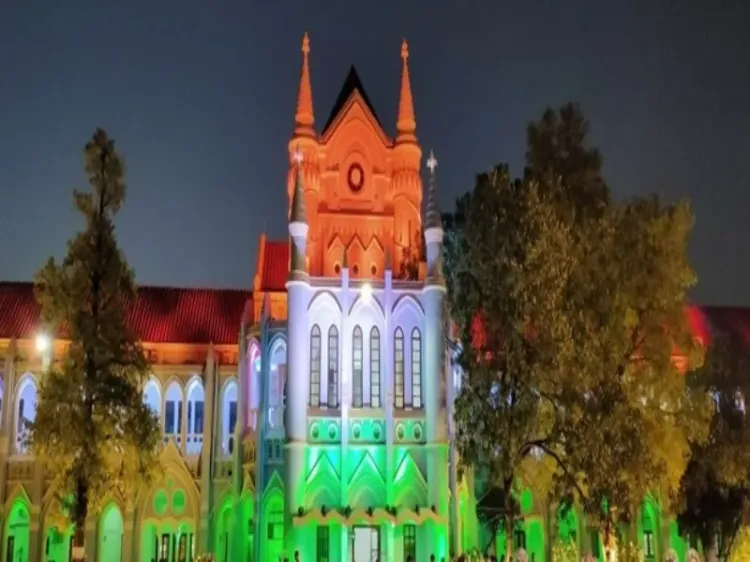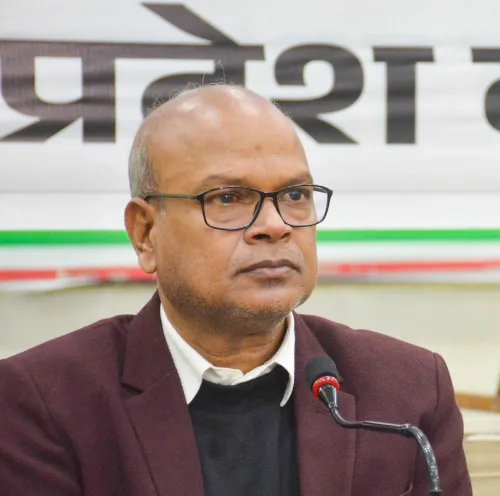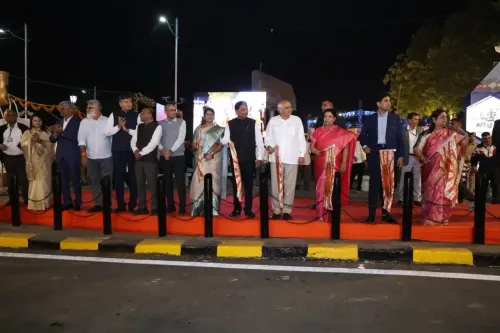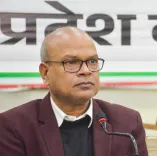Is the Bhopal Royal Estate Dispute Resurfacing for Saif Ali Khan and Other Heirs?

Synopsis
Key Takeaways
- Madhya Pradesh High Court has annulled a 20-year-old judgment.
- A retrial has been ordered regarding the Bhopal royal estate.
- The case involves significant figures such as Saif Ali Khan and Sharmila Tagore.
- Legal principles of personal succession are now under scrutiny.
- The court has urged expedited proceedings to conclude within a year.
Jabalpur, July 4 (NationPress) In a significant judicial turn concerning one of Bhopal's longest-standing royal property conflicts, the Madhya Pradesh High Court has annulled a trial court ruling that had been in place for over two decades, mandating a new hearing in the notable case involving the heirs of the late Nawab of Bhopal, Mohammad Hamidullah Khan.
A single bench led by Justice Sanjay Dwivedi delivered the verdict in response to first appeals, indicating that the civil suits regarding the division of the Nawab's estate were wrongly dismissed by the Bhopal District Court back in 2000.
The trial court's decision was based on a now-overturned precedent established by the Allahabad High Court in the Talat Fatima Hasan case. The appellants included various family members, among them the renowned actress Sharmila Tagore, Saif Ali Khan, and his sister.
In 1999, two civil suits were initiated seeking partition, possession, and an accurate accounting of the ancestral estate, which comprises a vast array of properties.
The plaintiffs argued that upon the death of Nawab Hamidullah Khan in 1960, the properties—claimed to be his personal assets—should have been passed down to his heirs according to Muslim Personal Law, rather than solely to his daughter, Begum Sajida Sultan.
However, the Government of India had recognized Sajida Sultan as the exclusive successor through a letter dated January 10, 1962, referencing the Bhopal Merger Agreement of 1949 and provisions within Article 366(22) of the Constitution.
The defense maintained that under the principle of primogeniture and the terms of the merger, the ruler’s private properties were to be inherited entirely by the designated successor of the Gaddi, rather than being divided among heirs.
In its findings, the High Court criticized the trial court's excessive reliance on the Allahabad judgment, which had been explicitly overturned by the Supreme Court in 2020, reaffirming that the private properties of former rulers should be governed by personal succession laws rather than merely treated as political inheritance.
Recognizing the “outdated legal foundation” of the initial ruling and the nature of the conflict—rooted in familial succession and claims over substantial immovable property—the High Court invoked its authority under Order 14 Rule 23A of the Civil Procedure Code to remand the issue for retrial.
The Court acknowledged the prolonged duration of the case—initially filed over two decades ago—and urged the lower court to hasten the proceedings, ideally concluding the trial within a year.
This judgment marks the beginning of a renewed legal struggle over the legacy and wealth of one of India's most illustrious princely families, where tradition, law, and lineage continue to intersect in intricate and often disputed manners.










